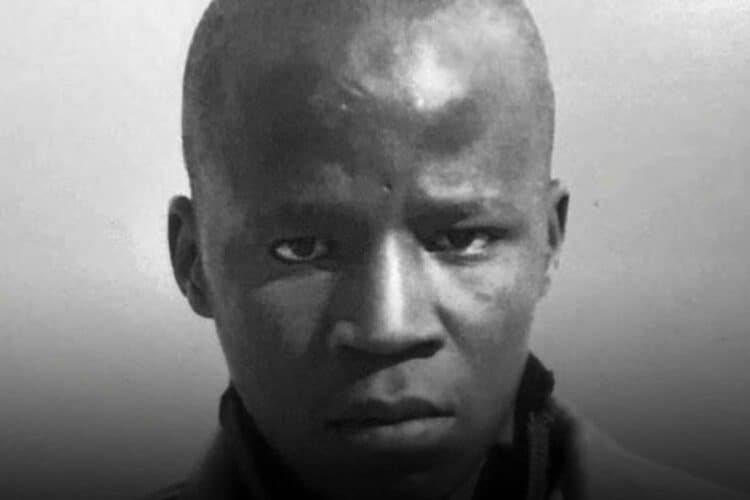Solomon Mahlangu, a name etched in the annals of South African history, symbolises the struggle against apartheid.
This report revisits the events surrounding his life, death, and the subsequent pursuit of justice.
Who was Solomon Mahlangu?
Solomon Mahlangu was a South African freedom fighter born on 10 July 1956, in Pretoria.
At the age of 19, Mahlangu joined the African National Congress (ANC), and subsequently, its armed wing, Umkhonto weSizwe (MK), to combat the apartheid regime.
After undergoing military training in Angola and Mozambique, he returned to South Africa in 1977 to further the ANC’s mission.
What happened to Solomon Mahlangu?
On 13 June 1977, Mahlangu and two associates were intercepted by the police in Johannesburg.
A shootout ensued, resulting in the deaths of two civilians. Although Mahlangu was not the shooter, he was arrested and charged under the common purpose doctrine, which held him equally responsible for the actions of his comrades.
Despite international outcry and evidence suggesting his non-participation in the shooting, Mahlangu was convicted of murder and terrorism.
He was executed by hanging on 6 April 1979, in Pretoria Central Prison.
His last words, “My blood will nourish the tree that will bear the fruits of freedom. Tell my people that I love them. They must continue the fight,” became a rallying cry for the anti-apartheid movement.
Were his killers ever punished for their crime?
The transition to a democratic South Africa in 1994 led to the establishment of the Truth and Reconciliation Commission (TRC), which investigated apartheid-era crimes.
While the TRC granted some individual amnesties, the broader system of apartheid and those who orchestrated policies like those that led to Mahlangu’s death were widely condemned.
However, the specific individuals directly responsible for Mahlangu’s execution were never formally punished, as their actions were considered lawful under the then-existing apartheid laws.
This has led to ongoing debates about justice and reconciliation in South Africa.






